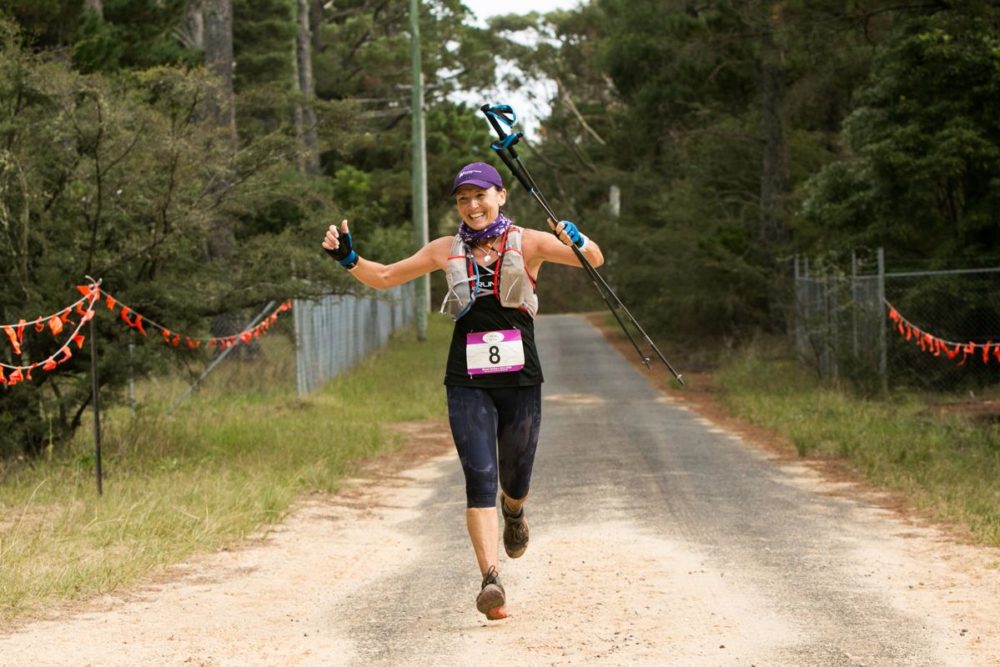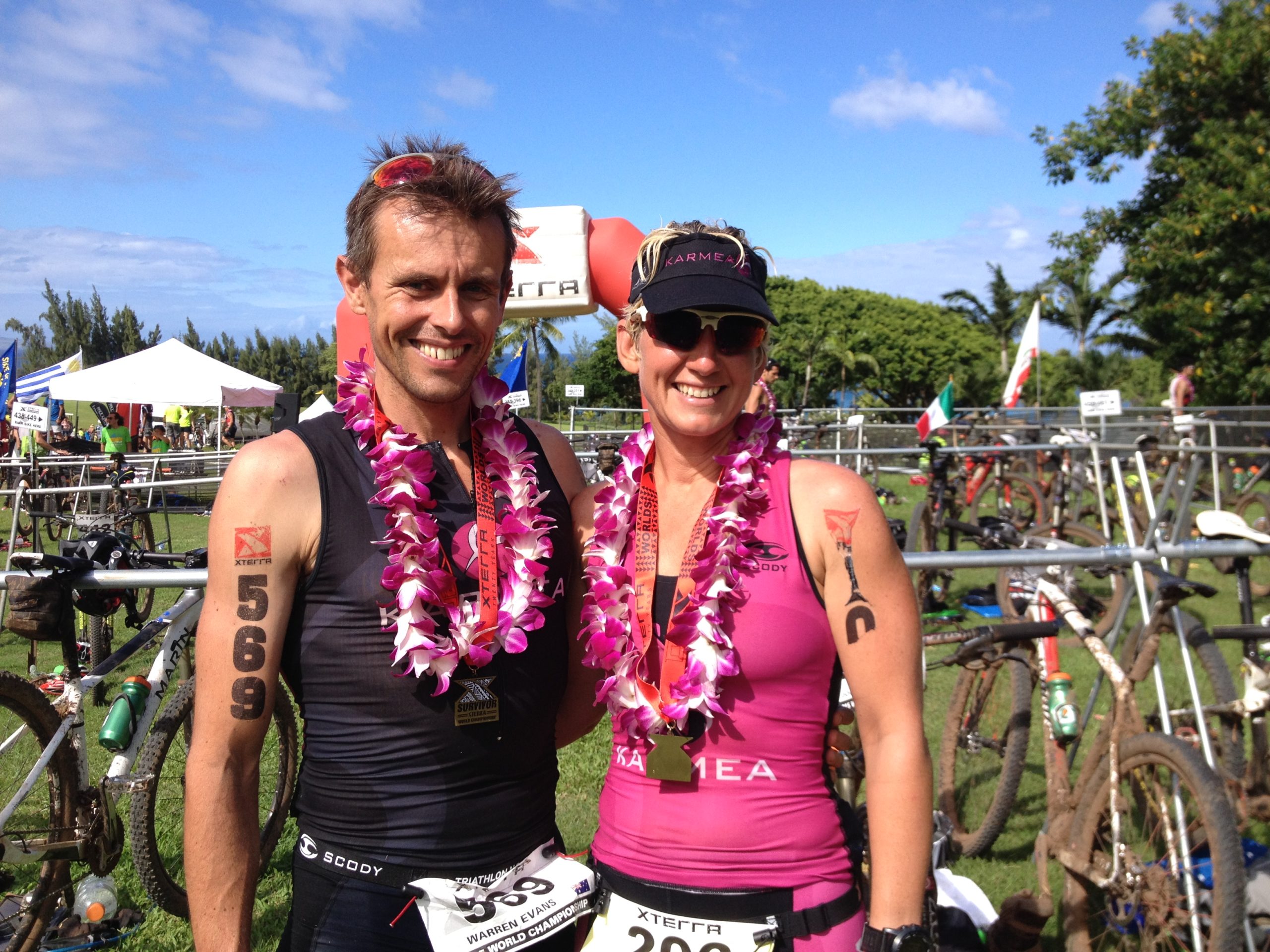
Well here we are, the start of another new year. As 2017 stretches out in front of us, we are faced with a new year filled with so much potential for big adventures, lofty goals and crazy ‘out there’ dreams.
When planning your year ahead, it’s important to set yourself up for success. Planning and preparation are all important, but you also have to ensure you want it enough! Make sure it challenges you just enough, without being too hard or too easy (just like Goldilocks).
Consider all aspects, from training time to the type of event you are entering. It’s also important to enter something that’s your own dream, and not the dream of friends or partners. Think about the outcome for your race, and then consider the time you have to dedicate to it, leaving enough lead up time. If you have high hopes of smashing PBs or stepping onto podiums, pick an event distance that you can give adequate time to rather than sacrificing your dreams to crammed training, fatigue, and potentially setting yourself up for injury.
BALANCE
First and foremost in all goals should be your ability to balance your training with life. Overload can come in many forms so practice the following 5 S’s:
Sleep – rest and repair should form an important part of your training
Strength – ensure any strength training is specific to your event, and always mix specific muscle strength work with functionally moving your body as you would in your sport.
Suppleness – performance can increase by just being a bit more bendy! You don’t need to spend hours stretching, find your problem areas and focus on these. Book in for regular massage as a good MOT on your body.
Sustenance – nail the nutrition and hydration. This includes how you fuel day to day to support your training, how you are going to fuel during your event, and how you fuel post training as this is what increases your body’s ability to recover and train again the following day.
Specifics – don’t waste a minute of your time on junk miles. Riding to work is a great way to build up your bike miles, but if you are already spending 8 hours training on your bike , these miles are just adding load without any specifics for your event. Junk miles overload your body, increase your likelihood of injury and reduce your recovery windows.
TRAIN SMART
Volume isn’t all it’s cracked up to be. Yes the time you spend immersed in your sport is important, but you can train smarter, using high intensity more focussed sessions that promote more recovery time, and give you more bang for your buck.
Always train Intensity over Duration in your shorter sessions.
Increase your load slowly i.e. 5mins added each week for your long run or 15/20mins to your long bike. If you are into a new training schedule, start with fewer sessions and more recovery, and increase the number of sessions when your body has adapted to the load, possibly adding one additional session every 3 – 4 weeks if your body feels ready.
Don’t forget the long steady, lower heart rate sessions if you are training for endurance events. We see athletes completing long runs at too high heart rate which adds additional load. It’s good to just run for fun as active recovery, keeping your HR below 70% for these sessions.
Remove the junk from your week. Analyse each session and make it count.
Look at the terrain of your race, if it’s hilly, train hills, if it’s flat, train hills! They make you strong and are an unavoidable option so learn to love them, both up and down. If your event includes trekking on soft sand, get out there and hit the beach. Trail running is great but if you are prepping for your first on road marathon, you need to get your body used to the relentless impact of the tarmac. Altitude can factor in many events, if this is a consideration, look at completing some of your training in a chamber so your body can feel what it’s like, or train with an altitude mask for selected sessions. Navigation is an art form, study, learn, practice, don’t rely on your race buddies to help you on race day, become an ASSET not a liability.
TRAIN YOUR EQUIPMENT
Study what you need and buy it early so you can work out any niggles. Don’t expect that what worked for your best mate will work for you. Do your research, look at all the options, talk to the experts and then make an informed purchase.
New footwear must be purchased early enough for you to break in. If your footwear works for you and you have no persistent niggles or injuries, don’t change it!
Test out all clothing early, right down to your socks, bra and pants! You want to know if anything is going to rub. Oh and while you are doing it, DITCH THE UNDERPANTS UNDER BIKE SHORTS. Yes, that’s you I’m talking to. That little tip just revolutionised your riding my friend.
If your event includes time on a bike, buy it early, get it fitted and spend lots of time becoming ‘at one’ with your machine.
Backpacks are super important to get right. Make sure it is large enough for what you need and pack it up for your training sessions so you can get used to the weight when moving.
LEARN TO LISTEN
Remembering overload comes in many forms. Training often gets blamed as the cause for injury. In reality, life in general and all that we try to cram in is usually to blame. Assess all areas of your life, and see where space can be made to train for your dream.
You cannot out think the physical, your body knows you better than you know yourself. You need to listen to the signals it’s giving you, ditch the ego and rest when it needs you to. Niggles can quickly turn into 6months out of a sport you love if they are not addressed early enough. A snivel can expand into full blown flat on your back flu if you aren’t able to give your body enough rest and support.
If you want your goal enough then know that there will be times in training when it gets tough. Remember that with each session, you are changing yourself for the better, and setting yourself up for success in your event. Change never comes without challenge, and the outcome is always worth the journey. So plan meticulously in your training, and the event will take often care of itself.
Happy goal-setting!
Get serious about your goal event this season with a Karmea athlete training program



